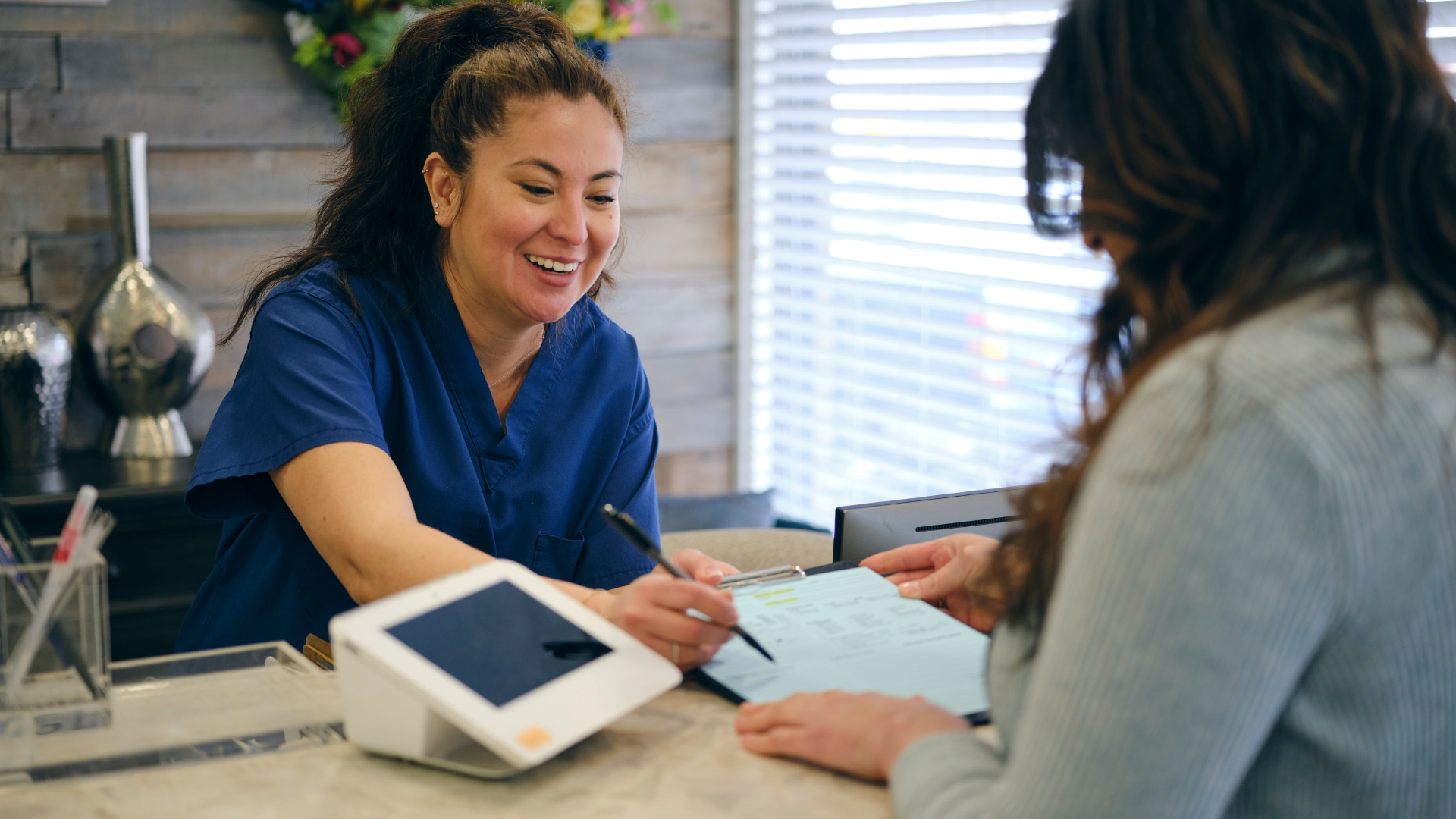Earlier this year, our CEO, Emily Campbell, mentioned the work that we are doing through the Community Reinvestment Collaborative Plan (CRCP), in collaboration with the Ohio Association of Health Plans, to reinvest money back into communities in Athens County and Cuyahoga County.This work required extensive travel throughout Cuyahoga County, where I listened to residents from many backgrounds. As a transplant to Northeast Ohio, it was not only an opportunity to see where the community’s residents live, it was also an opportunity to hear what it is like to live in different communities.
Black women in Cleveland never feel safe
I spoke with people from all walks of life, with all types of experiences and one thing stood out. No matter the focus of the collective group—whether about experiences of houselessness, incarceration, substance misuse, parenting, or insurance—one demographic group in Cuyahoga County always shared the same experience—Black women.
Black women in Cuyahoga County, and specifically in Cleveland, never felt safe.
Black women in Cuyahoga County, and specifically in Cleveland, never felt safe. No matter the issue or area of their lives that we discussed—Black women never felt safe. Never. Not at home. Not walking the street to get to a bus stop. Not at the grocery store. Not at their jobs. Not at the park. Not with family. Not in the community. Certainly not when they were alone in the communities with their children. When describing their day-to-day experiences, Black women consistently expressed a genuine fear for their safety. This fear spanned from gun violence to price gauging to stability of childcare. The weight of the absence of safety, for Black women, was part of every conversation we shared.
Feeling unsafe quickly becomes the norm
My colleague and I discussed our own experiences as Black women living in Cleveland. I discussed my experience as a transplant who has grown fond of Cleveland. My colleague discussed her experience as a lifelong resident of Cleveland. It was during this conversation that I realized over the last four years, I never felt safe either. Whether it was my packages and groceries being stolen from my downtown apartment, or all the windows being smashed on one side of my car that was parked on Euclid during the height of COVID, or the stratified social support amongst peers throughout law school or my decision to own a large-sized dog. I realized that I, too, have never felt safe while living in Cleveland.
A 2020 Bloomberg CityLab report among cities with at least 100,000 Black women, Cleveland ranked last for Black women’s overall outcomes.
Though I am unable to make a direct correlation between lack of perceived safety by Black women in Cleveland and their overall outcomes in the city, data suggests that there is work to do to support Black women residents. In a 2020 Bloomberg CityLab report among cities with at least 100,000 Black women, Cleveland ranked last for Black women’s overall outcomes. In the same report, Cleveland also ranked last for Black women’s educational outcomes. Cleveland ranked second to last for both Black women’s health outcomes and economic outcomes.
Cleveland Commission on Black Women and Girls
In response to the conversation that the CityLab report generated, the Cleveland City Council authorized the Commission on Black Women and Girls. The Commission aims to “create opportunities and improve quality of life for Black women and girls.” The Commission will “advocate, initiate, and champion programs and legislation to improve outcomes for Black women and girls, and their families and communities.” Members of the Commission were sworn in on Thursday, February 8, 2024.
There are many more voices of Black women that need to be heard.
Though I did not realize how common my experiences were until I heard the voices of so many other Black women from Cleveland and Cuyahoga County, there are many more voices of Black women that need to be heard. Another way for your voice to be heard is through Project Noir. The mission of Project Noir 2024 is to survey the real-life healthcare, workplace, and educational experiences of Black women in Cleveland. The Project Noir 2024 survey opened on February 12, 2024, with the goal of reaching at least 1000 Black women in Northeast Ohio.At Community Solutions, our work is often shaped by the notion that data informs decision-making. If you are a Black woman in Northeast Ohio, please participate in the survey. If you know a Black woman in Northeast Ohio, please share the survey with them.

.jpg)






